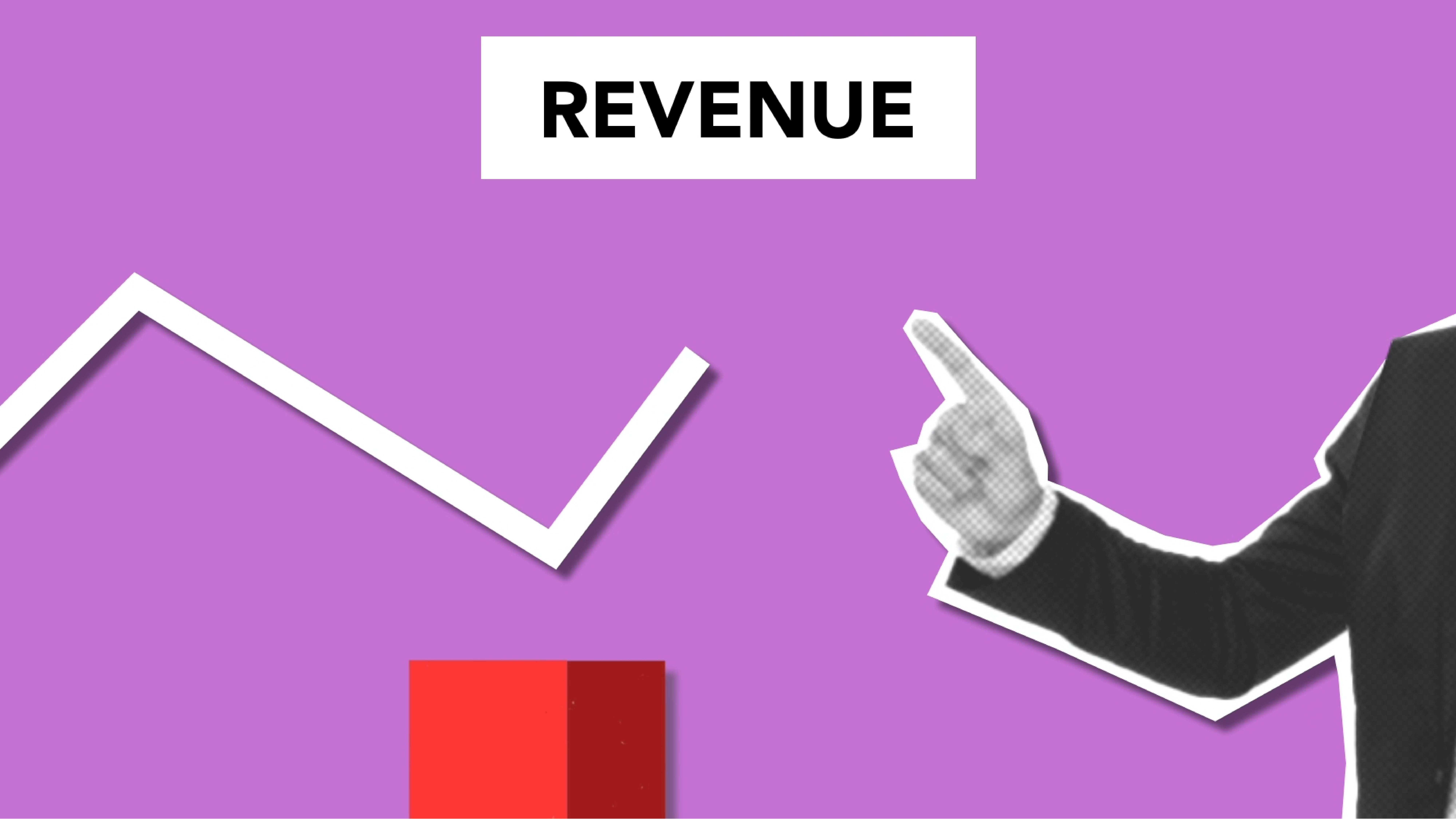Author of Lean UX: Applying lean principles to improve user experience (O’Reilly 2013). - See more here.
As a first time attendee to Big Design Dallas this year, I did not know what to expect. Sure, I’ve been to more that my fair share of business conferences but my comfort zone lies squarely in digital marketing.
I really enjoyed Jeff Gothelf talk and wrote a Keynote Review of his talk on Building a Culture of Innovation.
Jeff Gothelf did a great job setting my expectations. He started off talking about the fact that in today’s marketplace we’re all essentially in the software business (and oh what a fast-moving business it is!). Amazon launches new code to some piece of their production environment every 11.6 seconds. That’s a lot of code. There’s a ton of data coming at you at any given moment. How the heck are you supposed to take advantage of this firehouse of information? How can you maximize the productivity and creativity of your team?
The short answer: You must build a culture of innovation - one that values learning as much as delivery.
There’s two types of strategies to consider here:
- Deliberate Strategy - You know the one. The one where the C suite has all the answers and they tell you exactly what to do.
- Emergent Strategy- A new way of thinking based on the opinion that we all approach our work as a hypothesis. We test it and let the team learn as much as they can building in slack for experimentation.
So how do you do that? What makes a successful innovated team? A few do’s and don’t’s apply.
DON'T
- Build silos – Don’t set up your teams to compete. Design vs Engineering vs Product Management. You all work for the same company. You all should want the same thing.
- Lose sight – Always take a step back and think about where you are headed. Don’t get pulled down the rabbit hole. Steady progress to the finish line.
- Sit in your cube – Collaborating with your team is a great way to find new solutions to old problems. Collaborating will allow you to build on each other’s ideas creating something that no one thought of single-handedly.
- Fixate on job titles – Don’t limit the contribution because good ideas can come from anywhere.
- Be afraid of failure - Don’t just do enough not to get fired
- Establish arbitrary deadlines - If they are not necessary then we don’t need them
DO
- Keep the team small – Don’t forget Jeff Bezo’s rule: Your team should be able to consume two pizzas (approx. 6-8 people) This is a perfect size to encourage team accountability.
- Keep your team in the same location – Ideally sitting together but if not at least awake at the same hours.
- Make sure your team is self-sufficient – Give them the tools and resources to get the job done
- Don't make a roadmap! - Because no one ever follows the road map to a T. If you do make one, understand that there may be some detours along the way. Gilt doesn’t have a roadmap. They seem to be just fine.
- Revisit corporate goals – Take a look at your goals quarterly. How are you doing? Are there adjustments to be made? Do we have strong targeted business goals?
- Encourage a culture of ownership
- Take smaller risks – Create small wins along the way. You don’t climb a mountain in a single step.
- Promote competency over roles – If you have someone who is proficient and contributing it doesn’t matter what their role is. Encourage them.
Features are not a measure of success
Examples: the MS paperclip example and your own TV remote (with too many feature buttons!)
Not surprisingly, Jeff views the annual budgeting process as an innovation killer. The Ladders had a great plan. Fifty people spent 9 months building a job search concierge service that no one wanted. A system that did not improve a single meaningful metric. What if they had tested that idea? A small quant test with 100 people with a customer survey could have saved them a lot of time and trouble.
Time and time again if you give your team a meaningful business goal, they will typically rise to the occasion. Do you want increase repeat visitors? Let them figure it out
Give people a problem to solve not a solution to implement
In the end here’s 3 compelling reasons to build that innovation culture:
- Make customers happy because you will actually solve their problems
- Reduce wasteful products because you won’t be spending your time on non-important things
- Increase employee morale because they get to solve problems
I really enjoyed Jeff’s talk and I will probably be buying his book. You should, too.










Comments
Add Comment